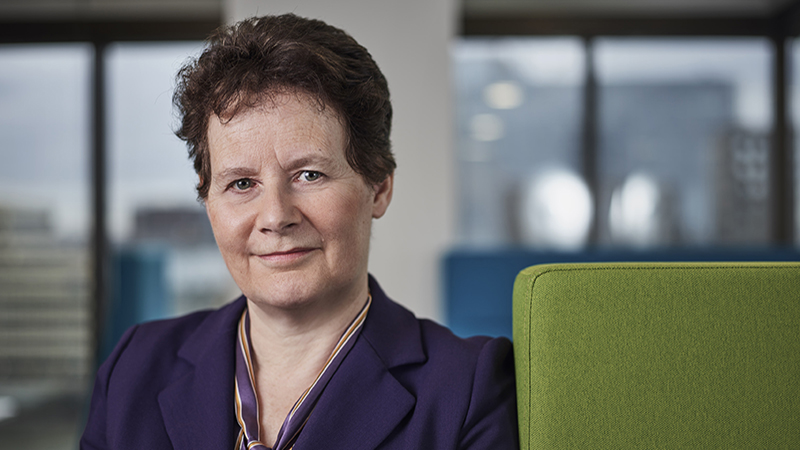Having spent the past 21 years building up Fidelity’s fixed income proposition, last year’s news that Ian Spreadbury was, for the first time, to have a named co-manager on his UK mandates raised a few eyebrows.
Not only does he represent a key-man risk to the group, but bond markets are also a very different animal to the one that greeted him when he began his career in 1985.
Sitting down with Spreadbury and new recruit Sajiv Vaid, it is clear that while Vaid’s appointment from Royal London a little under a year ago is part of a long-term succession plan, Spreadbury has no plans to go anywhere yet.
Safe steerage
Although the market is tougher now than it has been in the past, both men are looking forward to a long and fruitful relationship. And, importantly, it would seem they have a clear sense of what is needed to steer the franchise safely through whatever may come their way.
“Bringing in someone of the calibre and experience of Saj into a market that has become ever broader and more complex has been a massive positive,” Spreadbury says. He adds, by way of example, that Vaid’s experience with some of the less liquid, more domestic issues has been an immediate boon.
“When we first discussed how we each managed corporate bonds, I thought we would work well together,’ says Vaid. “It was evident within the first two months I had been right. We have similarly inquisitive minds. We have parked our egos and we are trying to manage money as best we can for our clients.”
Central to this goal is consistency. According to Spreadbury, from an alpha generation standpoint it is crucial to focus on the areas where one has a competitive advantage. In Fidelity’s case, one area is the size and quality of its team.
“We feel we can best generate alpha through our credit and quant research teams, using a bottom-up approach – effectively throwing smart people at the problem,” Spreadbury says.
But, he adds, while the firm does occasionally make macro bets on interest rates and currencies, such directional bets are pretty difficult to get right, because the market is as close to an efficient market as there is.
Spreadbury says such bets often result in higher volatility within a fund, which is not what many fixed income investors are looking for, preferring safety and low volatility.
“We are looking to provide our investors with what they are looking for as consistently and with as little risk as possible. In the current market, I don’t think you can do that without a big team.”
Vaid is less focused on the size of the team, and more on the importance of the culture.
“It really is about collaboration, making sure the lines of communication are open and the whole decision-making process is aligned,” he says.
Indeed, one of the things he was wary of ahead of the move was the size of the Fidelity team, given that the Royal London team had four analysts.
However, he says, because the team within Fidelity works well together, with clear lines of communication and a high level of collaboration, when he got there he felt a bit like a kid in a sweet shop.
“I had all these new tools; the challenge is how best to use them all,” he explains.
Trust in corporates
While both Spreadbury and Vaid are realistic about what bonds can do from current levels, both are positive there remains a variety of opportunities across the fixed income spectrum.
Within the Moneybuilder Income Fund, the weighting to Europe is pretty low because yields in that market are low.











